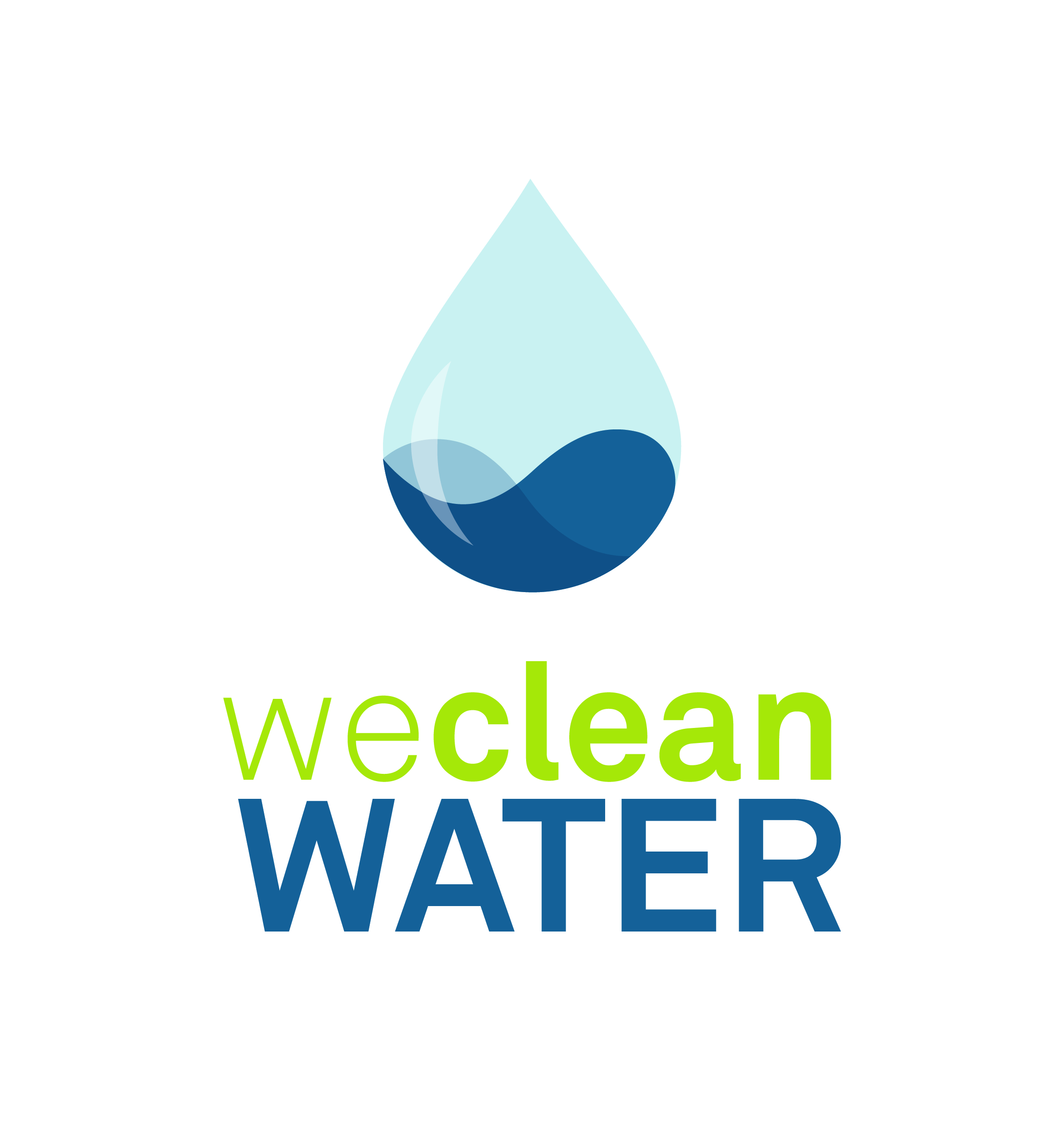Community Recycled Water Uses
Near- and long-term opportunities exist for recycled water uses in our community. Local community interest is key to ensuring recycled water is supplied to the highest and best uses for our community. The MWMC is partnering on recycled water uses that provide immediate benefits now, while engaging the community on the best uses for recycled water in the future.
From Waste to Resource
Wastewater treatment is a reclamation process – restoring cleaned water to return to the river. Wastewater treatment includes many opportunities for resource recovery during the process. Besides recycling water for beneficial uses such as irrigation, the MWMC recovers methane as a renewable natural gas and organic material and nutrients as biosolids fertilizer. Dissolved nutrients are in recycled water as well, providing an enriched water for irrigating plants. Additionally, every gallon of recycled water used offsets the need to withdraw river water, keeping more fresh flows instream and reducing additional input of heat and nutrients into the river. By using recycled water to maintain and restore our landscapes, including urban trees and park space, we bring sustainable actions full circle.
Proven Applications
The MWMC has successfully been using recycled water since the 1980s for landscape irrigation, treatment plant processes, and for growing poplar trees on our 400-acre Biocycle Farm. With the added flexibility of potential uses for the highest-quality Class A recycled water, the opportunities for use greatly expand. Recycled water is used throughout Oregon for environmental enhancement, agriculture, landscape irrigation, and many other purposes. Across the nation, recycled water is a proven resource for industry, home landscaping, parks and school grounds, food crops, and drinking water supplies.
The Right Water at the Right time in the Right Place
Earth’s water cycle has naturally been recycling the same molecules of water over and over again for billions of years. In the grand scheme of things, there is no wastewater, just water in various places in the cycle. The MWMC’s wastewater treatment mimics that cycle to return the water our community borrowed from the cycle back to the Willamette River for downstream communities and the ecosystem to use again. To reduce waste and protect the environment, this water can also be put back to beneficial use here in our own community. It is not necessary nor cost-effective to treat wastewater to drinking water standards, and many of our water resource demands do not require drinking water quality. In the field of water resource management, the mantra is “the right water at the right time in the right place.” In other words, we can make better and more effective use of our water resources by matching the water source to the water need in a particular place. Recycled water is a perfect asset to meet this objective.
Community Role in Water Quality Protection
Everybody has a role in protecting our water quality – including our recycled water. Just like we are careful about what we do and don’t put in our rivers, streams, and down our storm drains, we must also be careful about what we put down the drains in our homes and businesses or let run off our yards and driveways. Besides strict bans on disposing radioactive, flammable, or other hazardous wastes down the drain, we need to be vigilant about other chemicals and our product choices to limit the impact on water quality. Our wastewater treatment systems are designed to breakdown and filter out organic materials and sediment from human waste, bathing, and food preparation. While these sophisticated processes are effective at greatly reducing over 97% of the pollutants that enter the waste stream, they are not designed or intended for hazardous waste disposal. Reducing and eliminating the volume of pharmaceuticals, toxic household chemicals, plastics, and other problematic pollutants from our daily use helps protect the waters we swim in, fish in, and withdraw for irrigation and other uses.
Get Engaged
For more tips on pollution prevention and how community members can help us protect our water quality, click here. To learn more about the wastewater treatment process and get engaged, contact Loralyn Spiro, Lead Communications Coordinator, at lspiro@springfield-or.gov.
Learn More
Informational Videos
Check out this video to learn more about the MWMC’s efforts to protect the health of our community and the environment in a sustainable manner.
Watch to learn more about the MWMC and how we clean wastewater for the Eugene-Springfield area.
Learn more about the lifecycle of our Biocycle Farm poplar trees, which are irrigated with recycled water.


